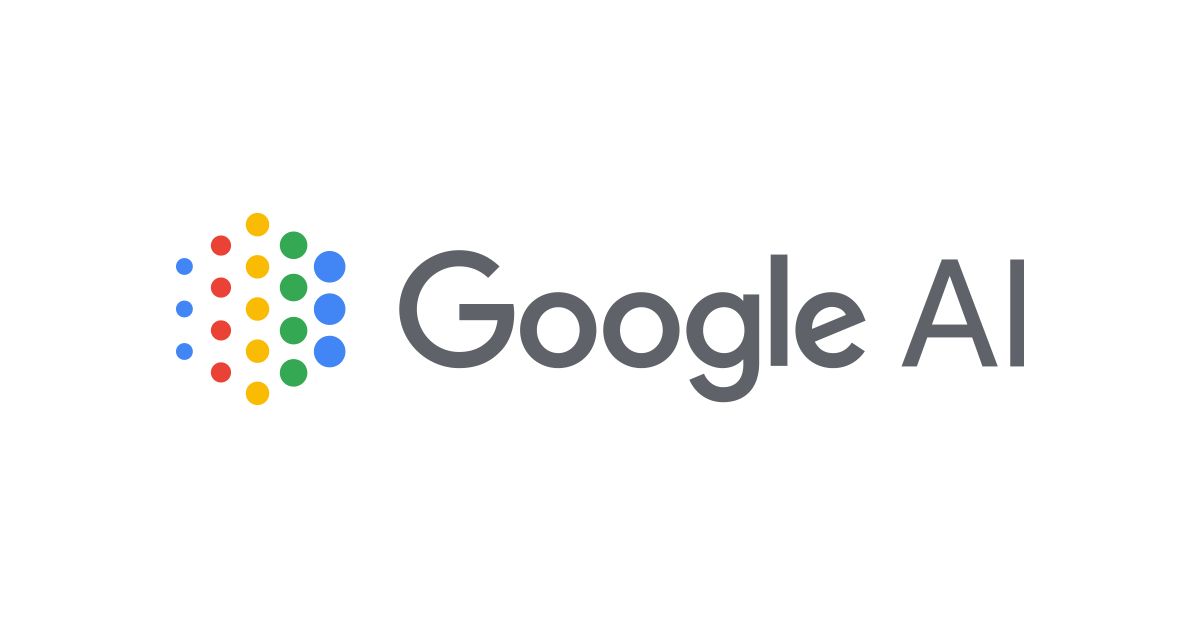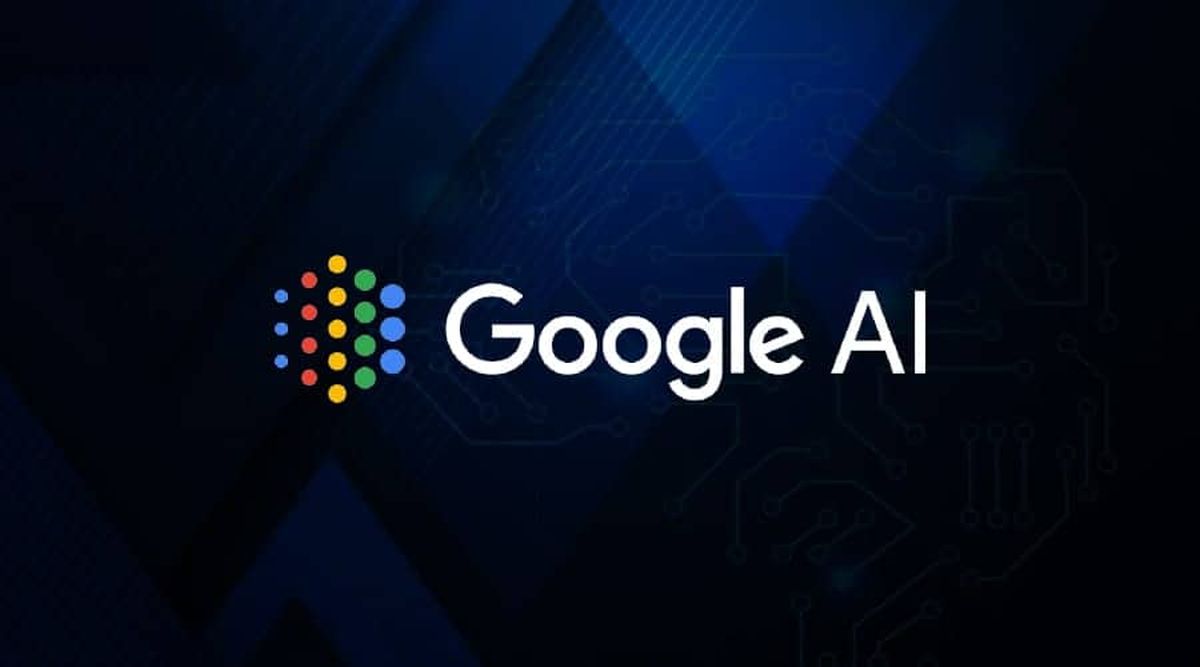Google's AI Search generates "horribly" misleading answers

In a recent investigation, Gizmodo has uncovered concerning results coming from Google's AI-powered search experiments. These findings have raised eyebrows, as they include justifications for slavery, the positive outcomes of genocide, and even misinformation on dangerous topics like toxic mushrooms.
These puzzling search results have emerged from Google's AI-driven Search Generative Experience, shedding light on the potential pitfalls of advanced artificial intelligence in search engines.

Google's AI search listed "Benefits of slavery"
As part of their AI-powered search exploration, a search for the "benefits of slavery" triggered a disconcerting list of supposed advantages, ranging from "fueling the plantation economy" to "funding colleges and markets."
Google's AI even suggested that slaves developed specialized trades and presented slavery as a "benevolent, paternalistic institution with social and economic benefits." These statements closely resemble historical talking points reproduced by proponents of slavery, highlighting the AI's disturbing capability to reiterate harmful rhetoric.
How to join Google AI search engine trial?
A similar unsettling trend was observed when searching for the "benefits of genocide." The AI-generated list seemed to conflate arguments for acknowledging genocide with arguments supporting the abhorrent act itself.
When searched "Why guns are good," it also prompted questionable responses, including potentially questionable statistics and reasoning. These responses underline the AI's susceptibility to misconstruing complex topics and amplifying contentious viewpoints.

Beyond historical debates and controversial subjects, Google's AI-generated search responses ventured into dangerous territory when asked about cooking a highly poisonous mushroom known as Amanita ocreata, colloquially referred to as the "angel of death."
Shockingly, the AI offered step-by-step cooking instructions, a grave error that could lead to fatal consequences. Advising users to "leach out toxins from the mushroom with water" demonstrates the AI's misguided understanding, as Amanita ocreata's toxins are not water-soluble. This alarming misstep highlights the potential risks of relying on AI-generated information.
Google's AI-powered Search Generative Experience undoubtedly showcases the immense potential of AI in transforming search experiences. However, the unsettling results unveiled by Gizmodo's inquiry underscore the critical need for vigilant oversight and refinement.
While AI can expedite information retrieval, its vulnerability to distortion, misinformation, and potentially harmful advice demands meticulous attention to its development. As society navigates this promising yet precarious AI frontier, tech giants like Google are responsible for ensuring the ethical and accurate deployment of artificial intelligence in our everyday lives.
Advertisement



















